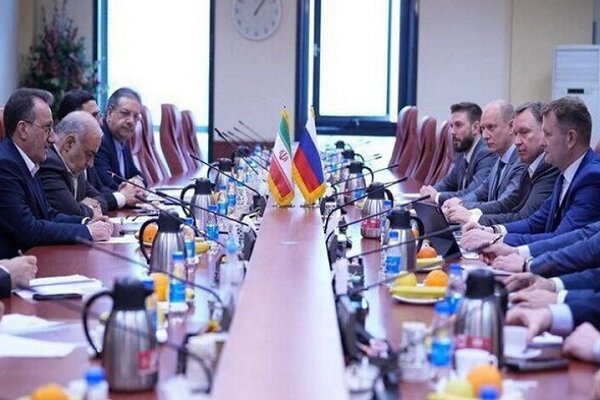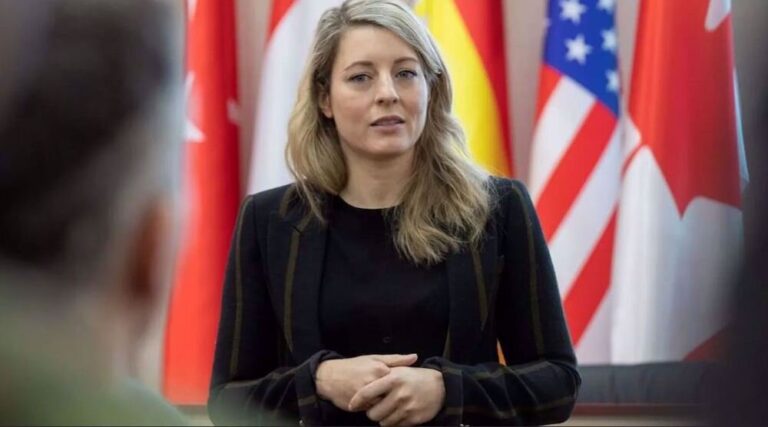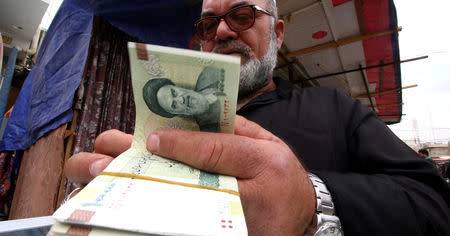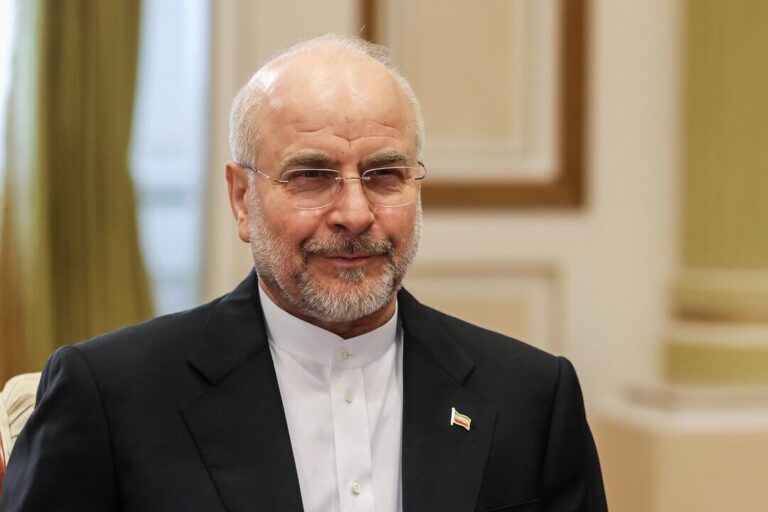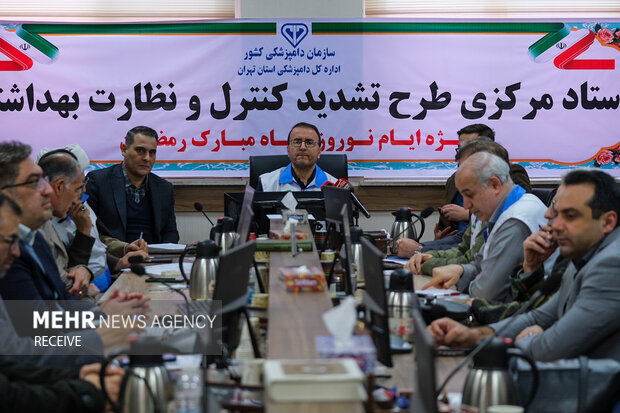Iran and Russia Strengthen Maritime Cooperation in the Caspian Sea: A New Era of Naval Partnership
The Ministry of Transport of the Russian Federation is actively pursuing a comprehensive agreement with Iran to enhance maritime and port operations. This initiative focuses on equipping the Makhachkala port, aiming to streamline the unloading and loading of various types of goods.
In recent discussions, Rasouli highlighted that both Iran and Russia are leveraging their logistical and transit capabilities in the Caspian Sea. The Ports and Maritime Organization of Iran is prepared to convene a special meeting with Moscow to formulate a comprehensive maritime roadmap and a joint action plan. This collaboration is poised to significantly improve maritime activities between the two nations.
Furthermore, Iranian Minister of Roads and Urban Development, Farzaneh Sadegh, along with Russian Minister of Transport Roman Starovoit, has officially signed a roadmap outlining Iran-Russia cooperation in transportation and transit sectors for the year 2025. This agreement marks a critical step towards strengthening bilateral relations and enhancing operational efficiency in maritime trade.
Sadegh emphasized that the upcoming Third Caspian Economic Forum in Tehran is expected to be a pivotal moment in fostering economic and transportation cooperation among Iran, Russia, and other nations bordering the Caspian Sea.
During her remarks, she referred to the significance of the Iran-Russia-Azerbaijan trilateral meeting, indicating that this event will focus on collaborative efforts among the three nations in the western segment of the North-South Corridor, located on the western side of the Caspian Sea.
Key initiatives discussed include:
- Issuing drivers’ visas to facilitate smoother transportation.
- Joint efforts to capitalize on the Caspian Sea’s potential for cargo and passenger transport.
- Development of air transport cooperation to increase flight frequency.
- Enhancement of airline partnerships and definition of flight destinations.
- Collaboration in airport operations and aircraft maintenance.
As nations continue to explore and optimize their maritime and logistical capabilities, the relationship between Iran and Russia stands to benefit significantly from these advancements. The collaborative efforts aim to not only enhance trade but also improve regional connectivity, ultimately fostering a more integrated economic landscape in the Caspian region.
The focus on equipping the Makhachkala port is a strategic move that reflects both countries’ commitment to elevating their transport infrastructure. By investing in modern facilities and streamlining port operations, they are positioning themselves as key players in the maritime domain.
Moreover, the planned special meeting between Iran and Russia is expected to yield important insights and strategies for both nations. This meeting will allow for a thorough discussion of the maritime roadmap, ensuring that both parties are aligned in their goals and objectives.
As the Caspian Sea continues to serve as a crucial conduit for trade and transit, the agreements being forged now are likely to have long-term implications for regional economics and politics. By enhancing their cooperation, Iran and Russia are set to create a more robust framework for maritime activities, benefiting not only themselves but also their neighboring countries.
In conclusion, the ongoing efforts by the Ministry of Transport of the Russian Federation and the Iranian authorities signal a promising trajectory for maritime collaboration. With a solid roadmap in place for 2025 and the upcoming Caspian Economic Forum, these developments herald a new era of cooperation that will enhance the economic landscape of the region.
As stakeholders in the maritime industry look ahead, the emphasis on collective infrastructure development and operational synergy will be paramount. The success of these initiatives hinges on effective communication and collaboration among all involved parties, paving the way for a brighter future in maritime trade.
